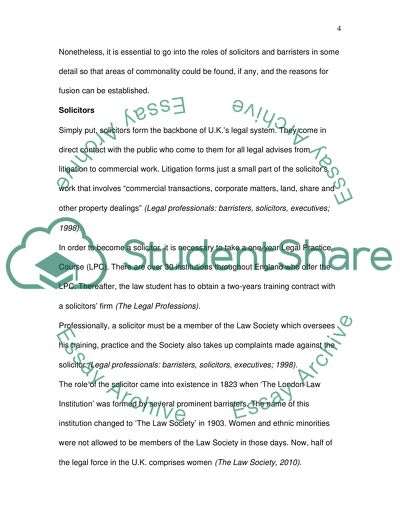Cite this document
(“Legal Profession in the UK Essay Example | Topics and Well Written Essays - 1750 words”, n.d.)
Retrieved from https://studentshare.org/law/1501333-legal-profession-in-the-uk
Retrieved from https://studentshare.org/law/1501333-legal-profession-in-the-uk
(Legal Profession in the UK Essay Example | Topics and Well Written Essays - 1750 Words)
https://studentshare.org/law/1501333-legal-profession-in-the-uk.
https://studentshare.org/law/1501333-legal-profession-in-the-uk.
“Legal Profession in the UK Essay Example | Topics and Well Written Essays - 1750 Words”, n.d. https://studentshare.org/law/1501333-legal-profession-in-the-uk.


